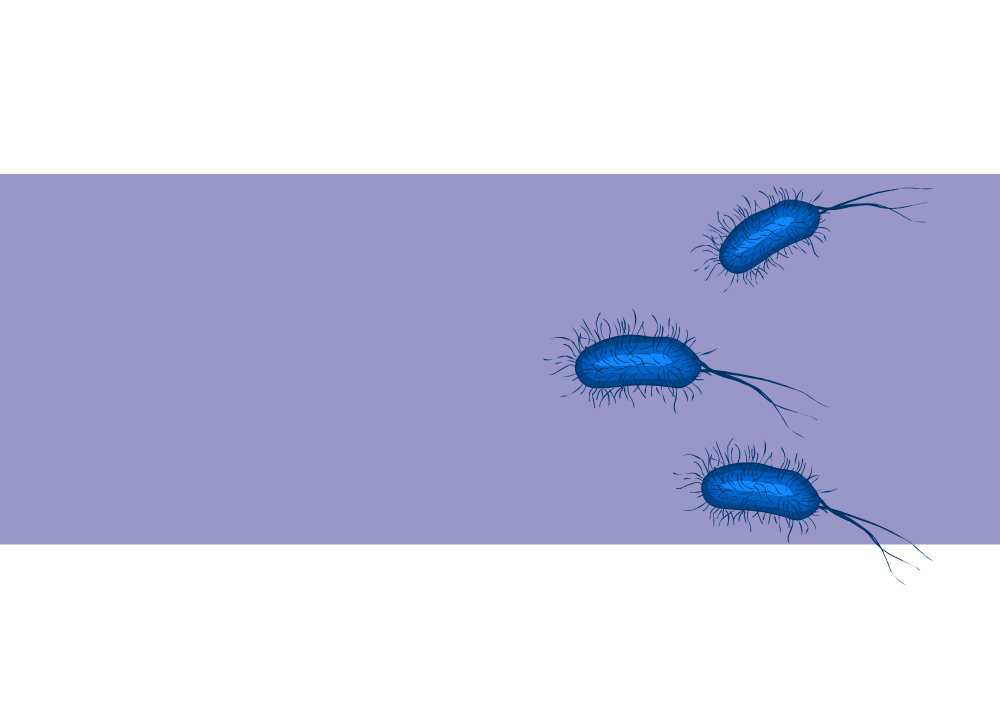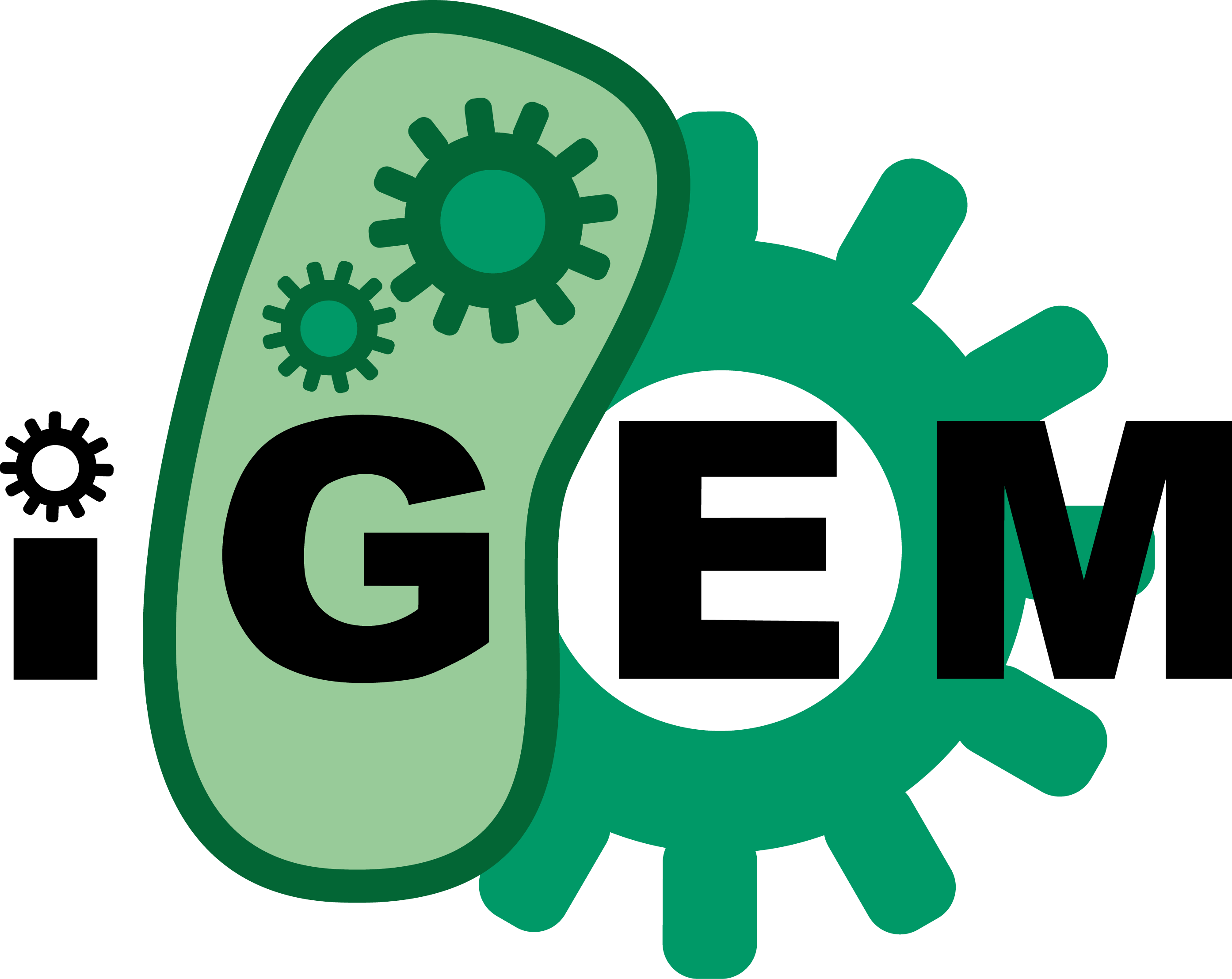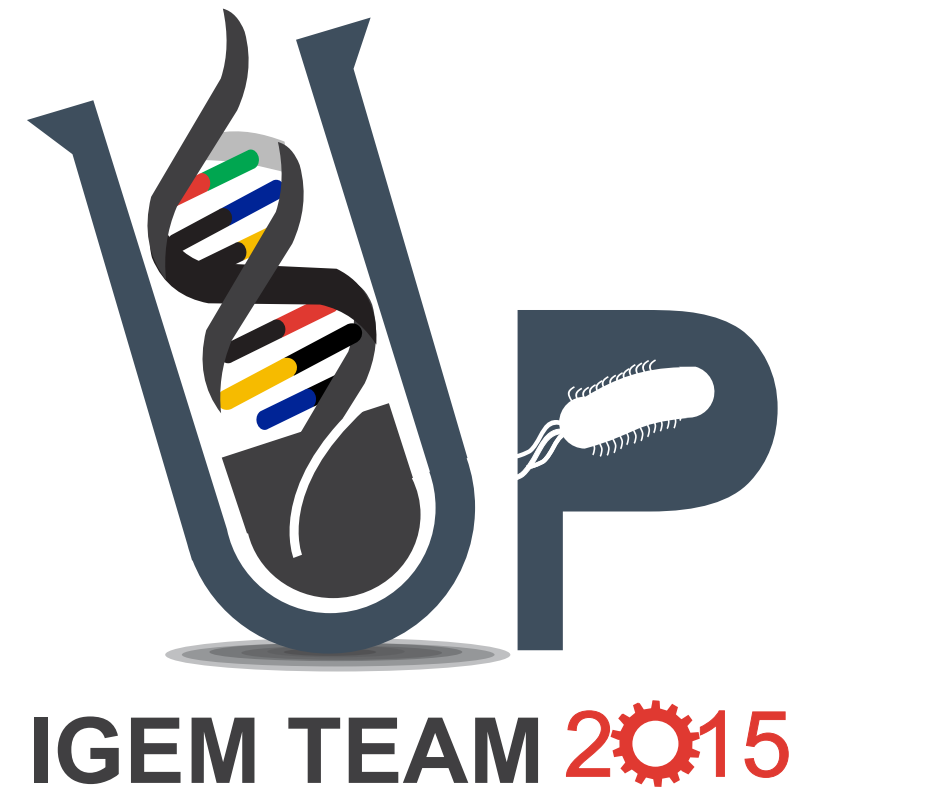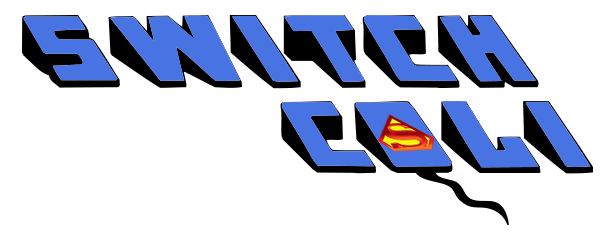Difference between revisions of "Team:Pretoria UP"
| Line 57: | Line 57: | ||
window.onload = function() { | window.onload = function() { | ||
performMenuHiding(); | performMenuHiding(); | ||
| − | + | $('#animation').css({marginTop: '+=30px'}); | |
//$('#bannerHolder').css({marginTop: '-=130px'}); | //$('#bannerHolder').css({marginTop: '-=130px'}); | ||
| Line 79: | Line 79: | ||
| − | <div align="center" style="width:90%;height: | + | <div align="center" style="width:90%;height:680px;"> |
<img id="animation" alt="Animation by Schae Ind" src="/wiki/images/1/15/Up_animation.gif"/> | <img id="animation" alt="Animation by Schae Ind" src="/wiki/images/1/15/Up_animation.gif"/> | ||
Revision as of 21:27, 18 September 2015

Project Description
The Pretoria UP iGEM team of 2015 have proposed a design for intelligent motile bacteria based on a combination of DNA modules that confer different functions. The synchronous behaviour of the bacteria will be achieved through a quorum sensing module allowing the population to behave as a swarm instead of independent units. A conditional response to an environmental signal is conferred through a post transcriptional control mechanism known as riboswitching, thus the bacterial swarm may recognise and respond to a chemical attractant. Since the system makes use of several modular components, an AND gate is required to process the various signals which in turn would trigger a genetic switch in the bacterial chemotaxis. The irreversible change is programmed by a DNA recombination switch which inverts the directionality of a promoter through the Cre-loxP pathway. We invite you to explore the various aspects of the project on this site.



